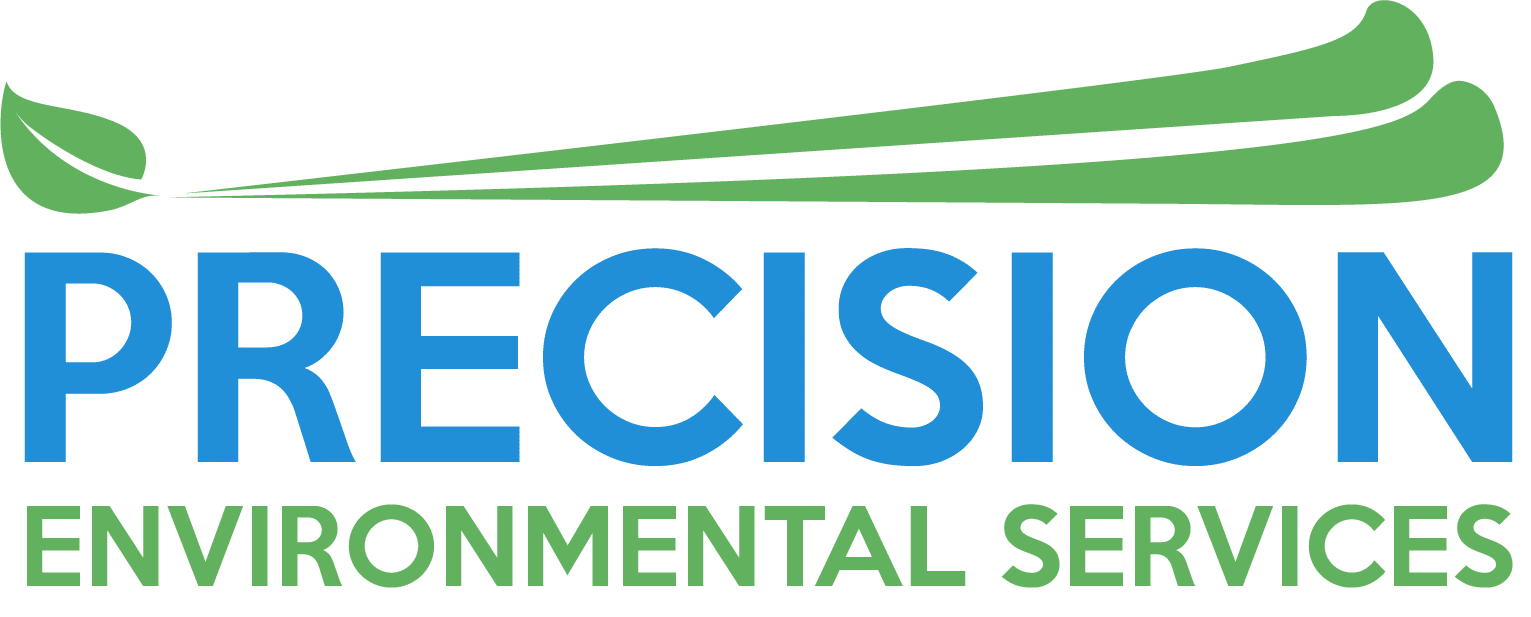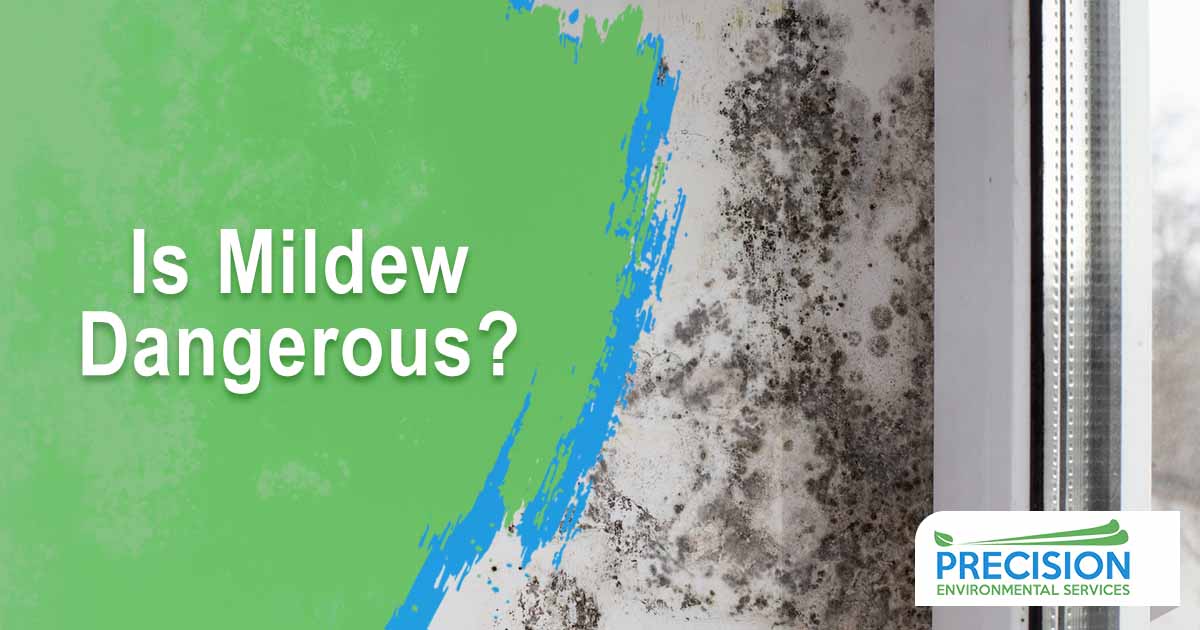Precision Environmental Services
Richland Hills, Texas
Nestled in the heart of Tarrant County, Richland Hills, Texas, offers a blend of suburban tranquility and vibrant community life. Boasting a population of approximately 8,600 residents, this city provides a welcoming environment where families and retirees alike find a place to call home. With its close-knit neighborhoods, highly rated schools, and convenient access to nearby urban amenities, Richland Hills embodies the charm of suburban living within reach of Fort Worth’s cultural and economic opportunities. Whether you’re drawn to its peaceful residential streets or its active community events, Richland Hills promises a lifestyle that balances comfort with connectivity.
About Richland Hills, Texas
Richland Hills, Texas, enjoys a strategic location amidst the dynamic landscape of Tarrant County. Situated just northeast of Fort Worth, residents benefit from easy access to the bustling city’s employment opportunities, cultural attractions, and entertainment venues. Yet, Richland Hills maintains its own distinct character, characterized by spacious residential neighborhoods and a serene atmosphere that appeals to families seeking a tranquil retreat without sacrificing urban conveniences.
Surrounded by neighboring cities like Watauga, Hurst, and Haltom City, Richland Hills forms part of a network of communities known for their strong community spirit and diverse amenities. Residents here enjoy proximity to major highways such as I-820 and TX-121, facilitating seamless travel throughout the Dallas-Fort Worth metroplex. Whether exploring the local parks and recreation areas or venturing into nearby shopping centers and dining districts, Richland Hills offers a balanced blend of suburban comfort and access to metropolitan excitement, making it an ideal place to live and explore in North Texas.
Richland Hills History
Richland Hills, Texas, traces its origins back to the mid-20th century when it emerged as a suburban enclave northeast of Fort Worth. Originally part of a larger area known for its rural landscapes and agricultural roots, the city began to experience significant growth following World War II, fueled by the post-war economic boom and the expansion of nearby urban centers. In 1949, Richland Hills was officially incorporated, marking a pivotal moment in its development as a distinct community within Tarrant County.
Throughout the decades, Richland Hills evolved from its early days as primarily a residential area into a well-established city with a strong emphasis on community and quality of life. The construction of new homes and infrastructure accompanied by the establishment of schools and local businesses contributed to its growth and attractiveness to new residents. Today, Richland Hills stands as a testament to suburban growth in North Texas, blending its historical roots with modern amenities and a thriving community spirit that continues to shape its identity.
Why People Love Richland Hills, Texas
People are drawn to Richland Hills, Texas, for its blend of suburban tranquility and accessibility to urban amenities. The city’s quiet, tree-lined streets and well-maintained parks create a serene environment that appeals to families and retirees alike. Residents appreciate the sense of community fostered through local events, neighborhood associations, and active civic engagement, which contribute to a strong social fabric and a welcoming atmosphere.
Richland Hills also offers convenience, with its proximity to major highways facilitating easy commutes to nearby Fort Worth and other parts of the Dallas-Fort Worth metroplex. The area’s excellent public schools and low crime rates further enhance its appeal, making it a desirable location for families seeking a safe and supportive environment for their children. Additionally, the city’s commitment to preserving green spaces and promoting recreational activities provides residents with ample opportunities to enjoy outdoor pursuits and maintain a healthy lifestyle. Combined, these factors make Richland Hills a cherished community where residents can find both peace and opportunity within reach of urban excitement.
The Best Time to Visit Richland Hills, Texas
The best time to visit Richland Hills, Texas, largely depends on personal preferences for weather and activities. Generally, spring (March to May) and fall (September to November) are ideal seasons due to mild temperatures and pleasant weather. During these times, visitors can enjoy outdoor activities like hiking in local parks such as Richland Hills City Park or exploring nearby attractions without the intense heat of summer or the occasional winter chill.
Summer (June to August) in Richland Hills can be hot and humid, with temperatures often reaching into the 90s Fahrenheit (32-37°C). Despite the heat, summer offers opportunities for outdoor events, festivals, and community gatherings. Winters (December to February) tend to be mild compared to northern regions but can occasionally experience cold snaps and some precipitation. Visitors interested in holiday festivities or indoor attractions like museums and shopping centers may find winter an enjoyable time to explore Richland Hills and its surrounding areas.
Top 10 Benefits of Living in Richland Hills, Texas
- Suburban Tranquility: Enjoy a peaceful residential environment with tree-lined streets and well-maintained neighborhoods.
- Proximity to Fort Worth: Easy access to Fort Worth’s employment opportunities, cultural attractions, and entertainment venues.
- Excellent Schools: Highly rated public schools that provide quality education for residents’ children.
- Community Spirit: Strong sense of community with active neighborhood associations and frequent local events.
- Low Crime Rates: Safety and security with below-average crime rates compared to national averages.
- Convenient Location: Close proximity to major highways (I-820, TX-121) for easy commuting throughout the Dallas-Fort Worth metroplex.
- Quality Housing: Diverse housing options ranging from affordable homes to spacious residences in desirable neighborhoods.
- Outdoor Recreation: Access to parks, trails, and recreational facilities for outdoor activities and family leisure.
- Family-Friendly Atmosphere: A welcoming environment for families with parks, playgrounds, and community events.
- Diverse Dining and Shopping: Nearby access to a variety of dining options, shopping centers, and local businesses.
Richland Hills, Texas Geography
Richland Hills, Texas, is located in northeastern Tarrant County at coordinates approximately 32.8101°N latitude and -97.2264°W longitude. It covers a total area of approximately 3.14 square miles (8.1 square kilometers), entirely on land. Situated within the Dallas-Fort Worth metroplex, Richland Hills enjoys close proximity to major cities such as Fort Worth, which lies approximately 10 miles southwest, and Dallas, located about 30 miles east.
The terrain of Richland Hills is predominantly suburban, characterized by gently rolling hills and residential neighborhoods. While the city itself does not feature major bodies of water, several small creeks and drainage channels traverse the area, contributing to its natural landscape. The elevation of Richland Hills varies slightly, typically ranging between 600 and 700 feet above sea level, providing scenic views and a pleasant climate for residents.
Nearby Cities
- North Richland Hills – 2.1 Miles
- Haltom City – 2.6 Miles
- Hurst – 4.4 Miles
- Bedford – 6.9 Miles
- Colleyville – 7.7 Miles
- Fort Worth – 7.7 Miles
- Keller – 9.5 Miles
- Euless – 10 Miles
- River Oaks – 10.4 Miles
- Arlington – 11.8 Miles





